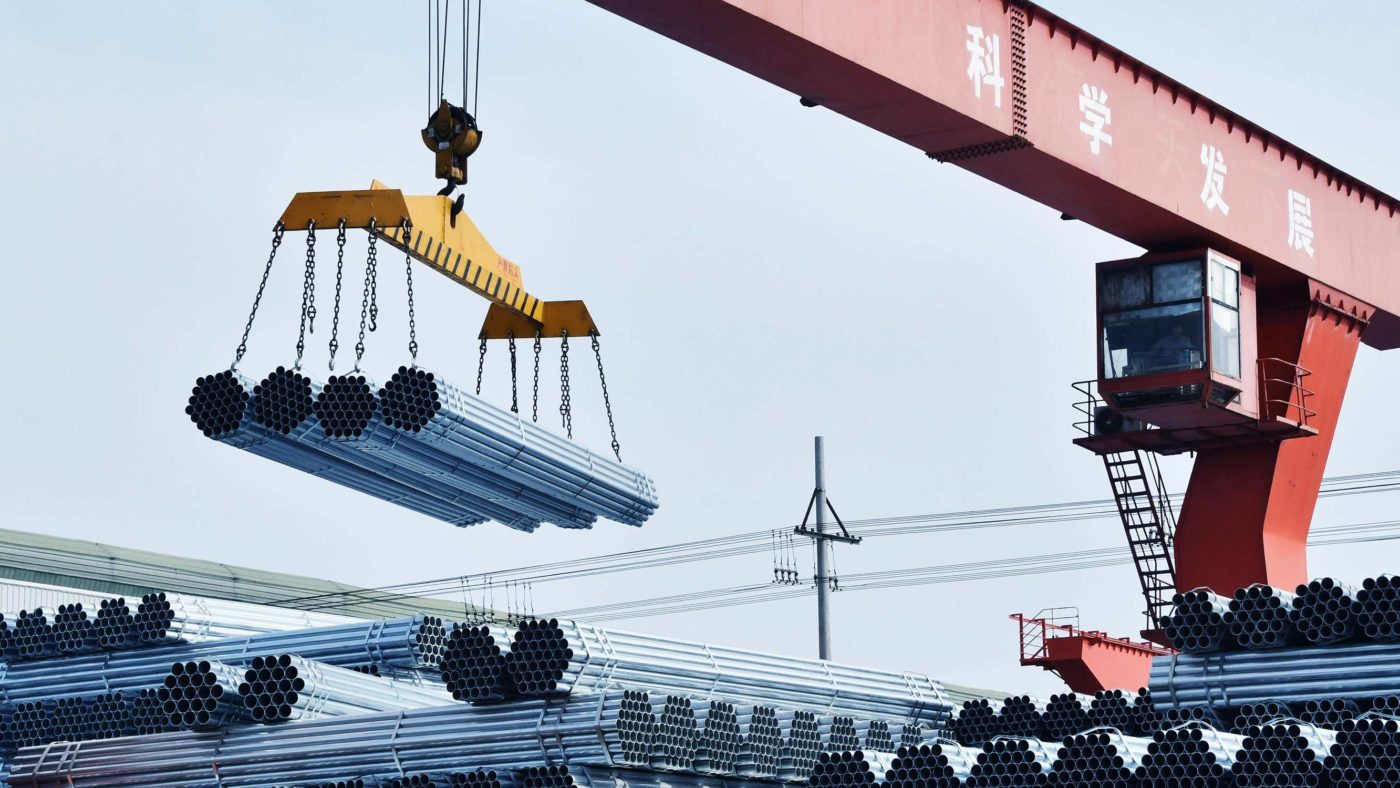Everyone knows – or at least should know – that the point of trade is imports. They make us richer by letting us consume products made better, faster or cheaper by foreigners than we can manage here at home. We also know – or at least should – that this isn’t how politics works.
Because domestic producers are very interested indeed in protecting their turf from foreign interlopers, they tend to make an impassioned, vocal case to politicians. We consumers, on the other hand, are only mildly interested in the price of any one commodity or service, so tend not to get nearly as exercised.
And, sadly, concentrated interests near always beat diffuse or dispersed ones in politics. So we end up with the strange situation where the political pressure is to impose restrictions upon imports, even when it’s bad for most of the population. Those who understand free trade must remain constantly vigilant and vocal, simply to act as a counterweight to those institutional failings.
We have a prime example right now, here in the UK where the Trade Remedies Authority wants to remove some of the safeguards currently in place to protect the British steel industry from foreign competition. Understandably, the producers are up in arms, as The Daily Telegraph reports:
Trade body UK Steel says such a move would be a “hammer blow” to the sector, which would lose £100m in sales as a consequence of being unable to compete with products from foreign steelmakers, many of which are state subsidised, putting thousands of UK jobs at risk.
It’s easy to read such reports and focus on the travails of a particular industry, but the Government’s job is to look out for all of our livelihoods. What’s more, we have ample evidence of the harm tariffs in this sector can do from across the pond with George W Bush’s steel tariffs back in 2002. According to at least one report, Dubya’s tariffs destroyed more jobs in industries that use steel than even existed in the steel industry itself. The reason for that is obvious enough: steel is an intermediate good, so as it becomes more expensive , fewer people want things made from it, and that means fewer jobs in industries that use the stuff.
It’s also not just that imports cost more. The absence of foreign competition means domestic producers can raise their prices, with all the knock-on effects both for other businesses and consumers. Indeed, that’s the whole point of tariffs – to transfer wealth from the general consumer to the specific producer.
It also chimes with one of Milton Friedman’s observations – there’s nothing so permanent as a temporary government programme.
Look what happened a few years ago when global steel prices were depressed. We got tariffs on imports into the UK, because as the government itself said:
there was evidence of both an import surge over the period of investigation (2013-17) and injury to UK producers
Fast-forward to today and it would be reasonable to think that perhaps the restrictions could be lifted. There’s no one steel price out there, there are varied prices for different grades. But prices are up two to three times, for some grades four or five times, since that nadir that sparked our bout of protectionism. At which point we might justly expect that the restrictions be lifted.
Even if it were true that producers needed special protection for special times, those times have now passed. Even if the consumer interest did need to be suppressed in order to protect the producers, we can now reverse that diminution of our living standards.
The problem is that once producers have been able to force government to protect them, at that cost to consumers, the taste is for the protection to continue. Sadly, often enough, successfully too.
That’s why the battle against population impoverishment by trade restrictions is one that has to be continually fought. The political incentives are always to please a special interest group and even when circumstances are indeed special, the pressure is to make the exceptions to free trade permanent.
Click here to subscribe to our daily briefing – the best pieces from CapX and across the web.
CapX depends on the generosity of its readers. If you value what we do, please consider making a donation.


